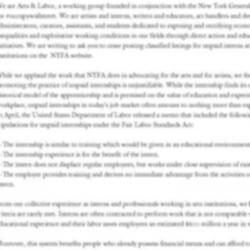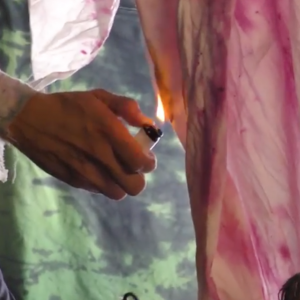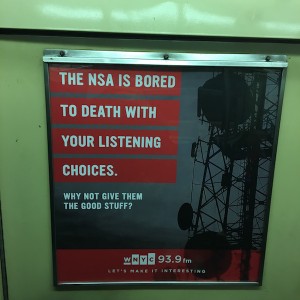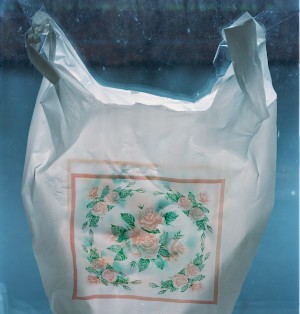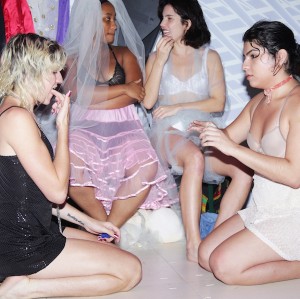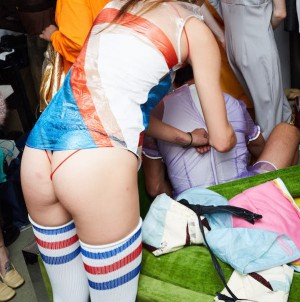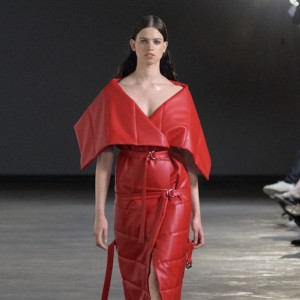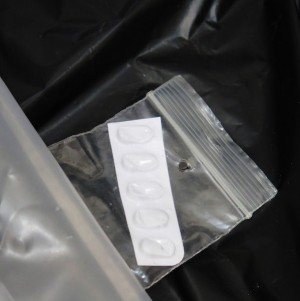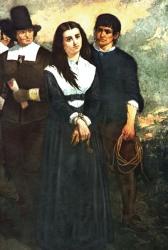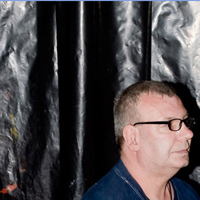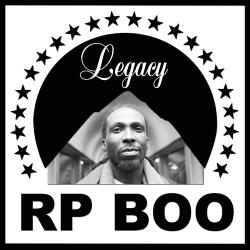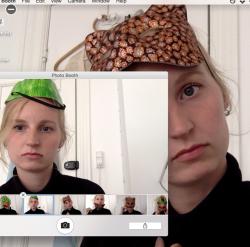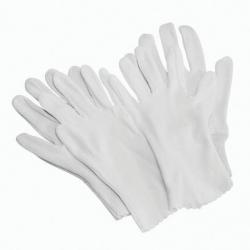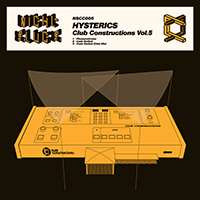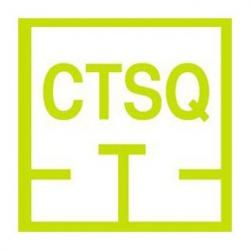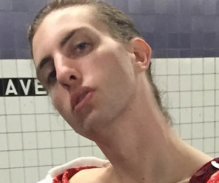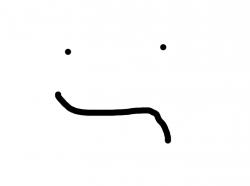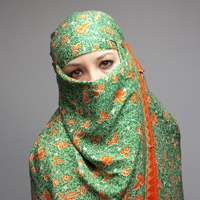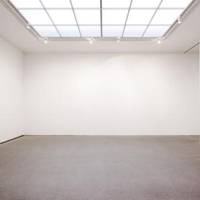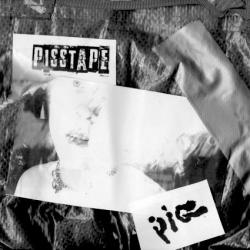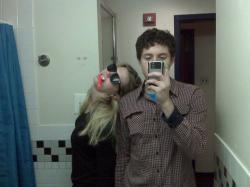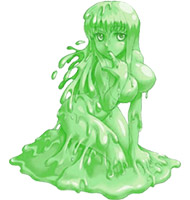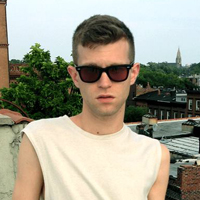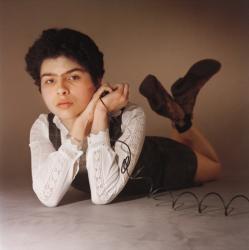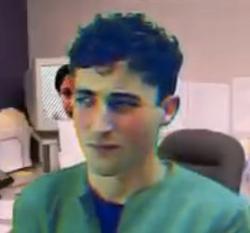Lafayette Anticipation associate curator Anna Colin talks to artist Tyler Coburn about Ergonomic Futures, a speculative project engaged with art, design, science, anthropology and writing. In this interview, Coburn discusses the research, production process and network of collaborators of a multilayered project ultimately concerned with the futures of humankind. Anna Colin: When one comes across your museum seats Ergonomic Futures (2016—) in contemporary art exhibitions—and soon in natural history, fine art, and anthropology museums—they look… [read more »]
Arts & Labor #OWS Call to NYFA: Stop Publishing Classifieds for Unpaid Internships
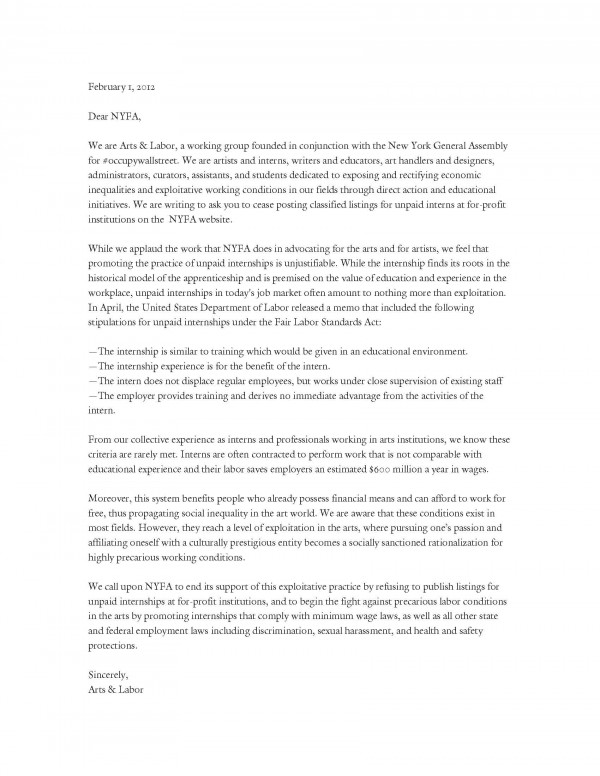
Dear NYFA,
We are Arts & Labor, a working group founded in conjunction with the New York General Assembly for #occupywallstreet. We are artists and interns, writers and educators, art handlers and designers, administrators, curators, assistants, and students dedicated to exposing and rectifying economic inequalities and exploitative working conditions in our fields through direct action and educational initiatives. We are writing to ask you to cease posting classified listings for unpaid interns at for-profit institutions on the NYFA website.
While we applaud the work that NYFA does in advocating for the arts and for artists, we feel that promoting the practice of unpaid internships is unjustifiable. While the internship finds its roots in the historical model of the apprenticeship and is premised on the value of education and experience in the workplace, unpaid internships in today’s job market often amount to nothing more than exploitation.
In April, the United States Department of Labor released a memo that included the following stipulations for unpaid internships under the Fair Labor Standards Act:
- The internship is similar to training which would be given in an educational environment.
- The internship experience is for the benefit of the intern.
- The intern does not displace regular employees, but works under close supervision of existing staff
- The employer provides training and derives no immediate advantage from the activities of the intern.
From our collective experience as interns and professionals working in arts institutions, we know these criteria are rarely met. Interns are often contracted to perform work that is not comparable with educational experience and their labor saves employers an estimated $600 million a year in wages.
Moreover, this system benefits people who already possess financial means and can afford to work for free, thus propagating social inequality in the art world. We are aware that these conditions exist in most fields. However, they reach a level of exploitation in the arts, where pursuing one’s passion and affiliating oneself with a culturally prestigious entity becomes a socially sanctioned rationalization for highly precarious working conditions.
We call upon NYFA to end its support of this exploitative practice by refusing to publish listings for unpaid internships at for-profit institutions, and to begin the fight against precarious labor conditions in the arts by promoting internships that comply with minimum wage laws, as well as all other state and federal employment laws including discrimination, sexual harassment, and health and safety protections.
Sincerely,
Arts & Labor
